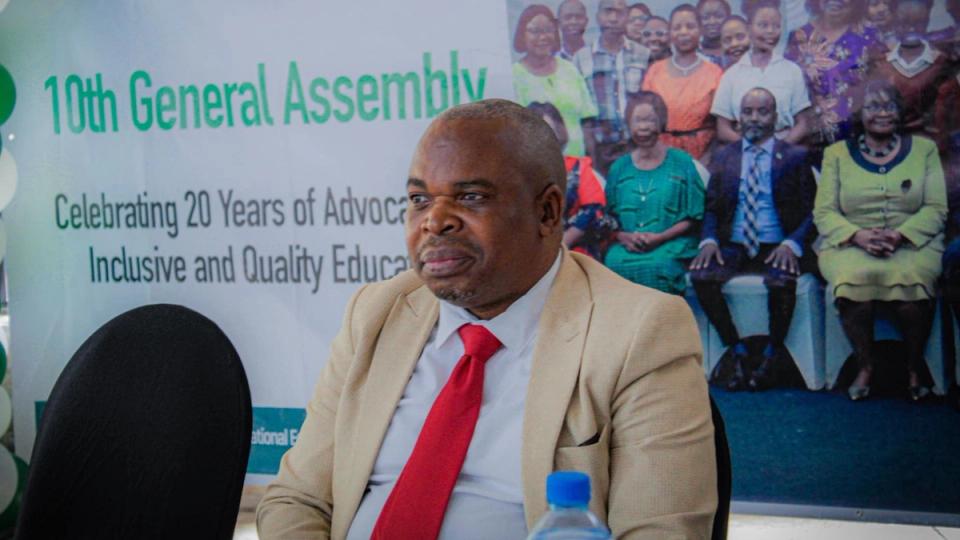Stories from our work
Stories from our work
Increased educational support for Zambian students
2023
In 2023, the government of Zambia’s decided to re-introduce meal allowances to Zambian students after successful advocacy from SAIH-partners.

The policy of the previous Patriotic Front (PF) government (2011-2021) didn’t sit well with students in Zambia. Without consulting the university management and student unions, the PF government reduced financing of government student loans, closed public universities, and banned student unions. In 2019, the Minister of Higher Education announced that her ministry had with immediate effect stopped disbursing the student stipend popularly known as the “meal allowance”.
Education cuts had serious consequences
The abolition of meal allowances as part of the government loan and scholarship scheme was seen as a way for the government to punish students, who often took to the streets in protesting against the government. The consequences were severe. Student research revealed that the abolition of meal allowances caused serious disruptions in learning, students started missing classes in the search of food, and incidences of female students engaging in sexual relationships in exchange for money were reported to be rampant.

Research-driven campaign
Since the decision was made, the Zambian National Education Coalition (ZANEC) and the Zambian National Students Union (ZANASU) has advocated for the re-introduction of meal allowances and improved financial support to students. Research played an important part in this work. ZANEC supported student research on the effects of abolishing allowances, and the evidence generated helped in creating consensus among ZANEC members on why this cause mattered and needed to be prioritized.
In 2021, after the long-standing opposition leader Hakainde Hichilema and his United Party for National Development won the election through a wave of young voters, the organizations intensified their advocacy efforts. According to ZANASU the issue was a key factor driving students to vote for the opposition.
Most students turned out in huge numbers to vote for the UPND with the hope that meal allowances will be reinstated as part of the loan scheme.

Restoring meal allowances
After the election, ZANEC conducted further research on the “impact of the student loans and scholarship scheme in Zambia”, strategically designed to generate evidence for engaging the new government on the issue.For ZANEC, it was important to act quickly to make sure that the new government would prioritize improving the financial support to students.
Releasing a statement immediately after the inauguration meant that we were able to ensure that the issue was considered as the new government started setting its education agenda and priorities.
Bringing together education stakeholders added to the pressure, and finally the Minister of Education committed to reinstating the meal allowance in the 2023 budget.
The key success factors can be attributed to the generation of research evidence, consistent engagement with the government and the building of alliances on the issue with key stakeholders, such as the student unions.
Students celebrate, but key challenges lie ahead
After the reintroduction was formally announced in 2022, the Zambian National Student Union commended the Zambian government for the decision. However, the union also pointed to the considerable challenges that remains for Zambian students. The national loan and scholarship scheme is only available for a limited number of students in public universities and there is need for considerable investment in accommodation, infrastructure, and curriculum development.
Our position has always been and will be that we cannot afford to privatize our education sector because education is our only hope for a better future and a better economy.
More stories from our work


Stories from our work

